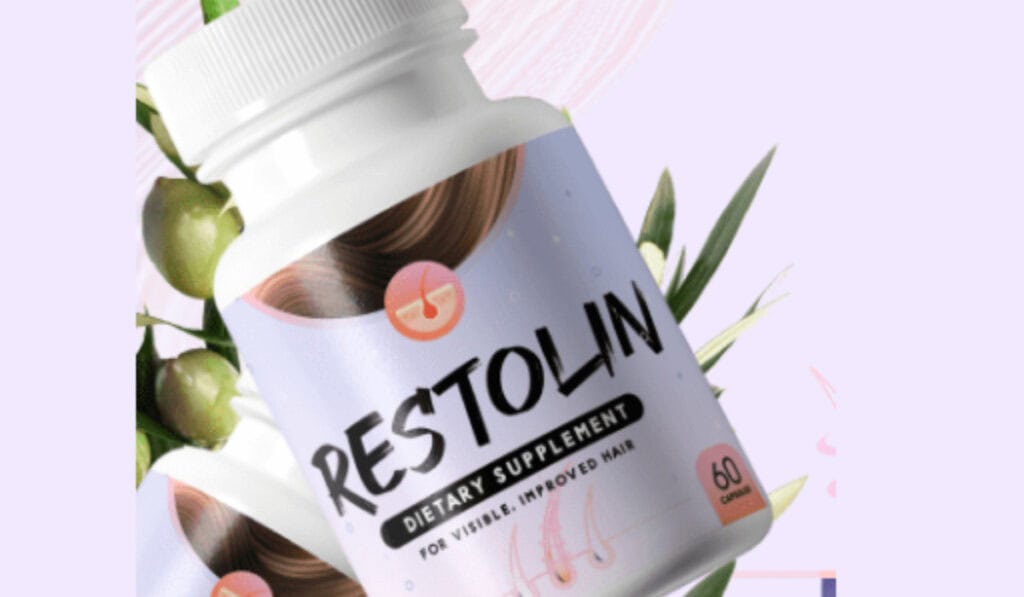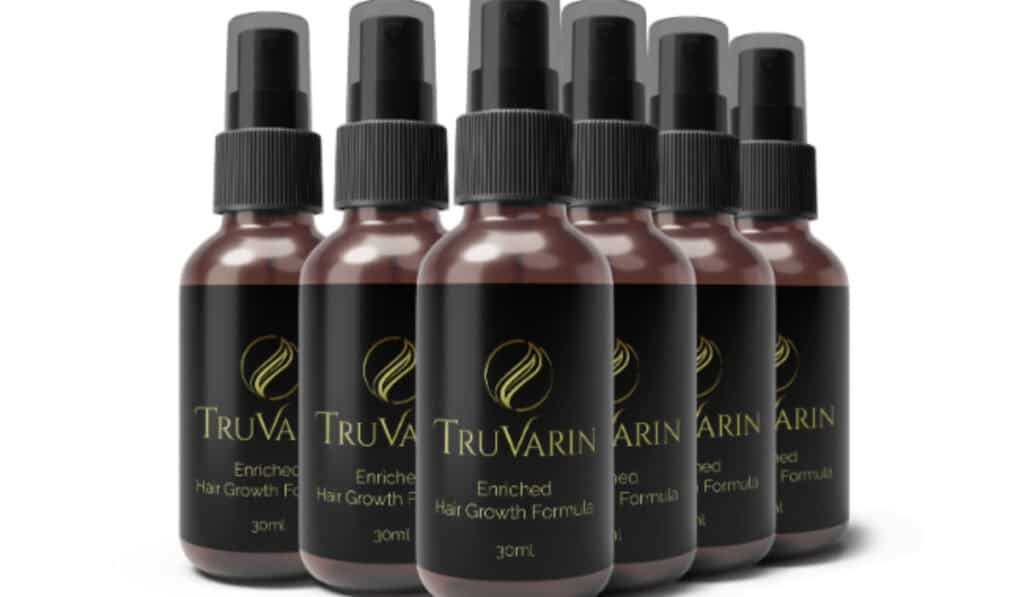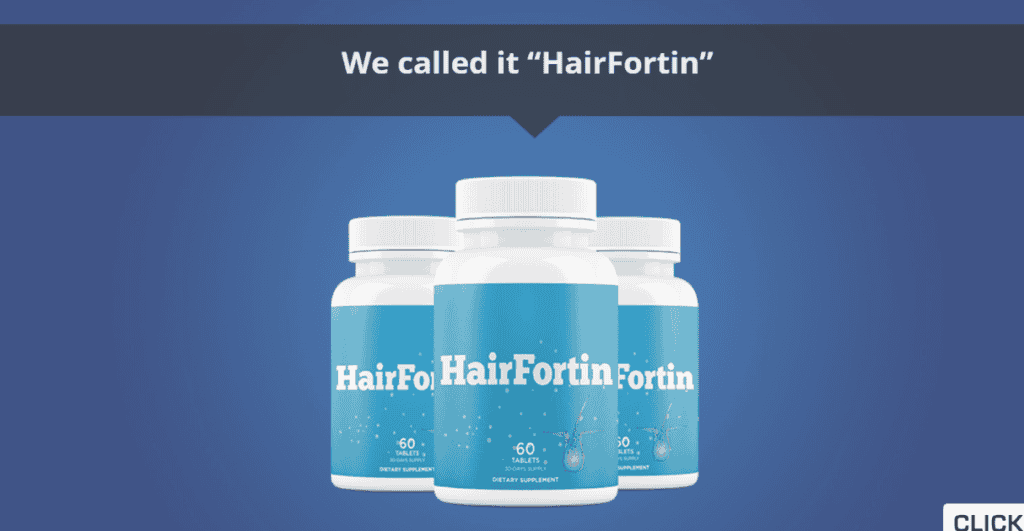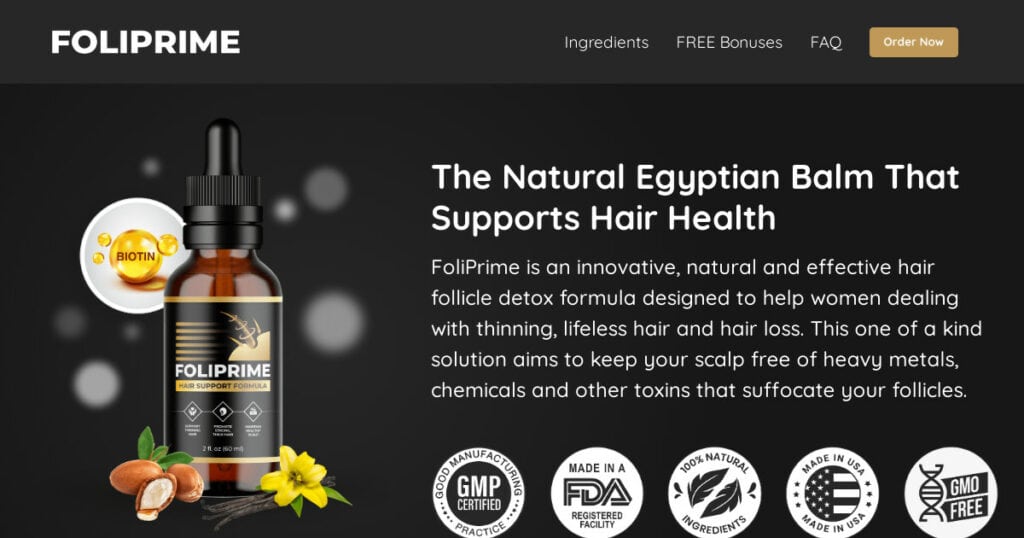Crafting a Prevention Plan That Works for You – Unveiling Tailored Solutions
Understanding that each individual’s hair journey is unique is the first step toward combating hair loss effectively. By focusing on the specific needs of your scalp and hair, including the health of dermal papilla cells responsible for hair growth, you can discover an effective solution tailored just for you. Incorporating B vitamins into your diet and hair care routine can also play a crucial role in maintaining the overall health of your hair.
Creating a personalized plan isn’t just about addressing hair loss after it starts; it’s about prevention. By identifying early signs and potential causes, such as hormonal imbalances or nutritional deficiencies, you can take proactive steps to maintain your hair’s health. Embracing a holistic approach that combines science-backed treatments with natural remedies ensures a comprehensive strategy for preventing hair loss and promoting healthier hair growth.
Understanding Hair Loss: Causes and Early Signs
Hair loss can be daunting, but understanding its causes and recognizing the early signs are key to prevention. Factors like genetic predisposition, nutritional deficiencies, and stress management play significant roles in your hair’s health. Conditions such as telogen effluvium, resulting from stress or dietary changes, highlight the importance of a comprehensive evaluation. Identifying these early can lead to effective treatments that promote regrowth and maintain the health of your hair.
The Science Behind Androgenic Alopecia
Androgenic alopecia, a common form of hair loss for both men and women, involves the miniaturization of hair follicles. This process is driven by dihydrotestosterone (DHT), a derivative of testosterone, which affects the hair’s growth cycle. Understanding this condition is crucial for targeting treatments that can effectively slow down or reverse the hair thinning process, offering hope to those affected.
Recognizing the Impact of Hormonal Imbalance
Hormonal imbalances can significantly influence hair loss, with conditions like thyroid disorders and imbalances in androgens being common culprits. These imbalances can disrupt the normal hair growth cycle, leading to hair thinning or loss. Fortunately, various treatment options are available to address these hormonal issues, helping to restore hair growth and health.
Stress-Induced Hair Loss: Connecting the Dots
Stress is a significant factor in hair loss, triggering conditions like telogen effluvium, where hair prematurely enters the shedding phase. Understanding the link between stress and hair loss is critical for developing effective prevention strategies. Managing stress through lifestyle changes and therapeutic interventions can help mitigate its impact on your hair’s health and growth.
Alopecia Areata: Symptoms and Treatments
Alopecia areata is an autoimmune condition where the immune system mistakenly attacks hair follicles, leading to bald spots. This condition can affect anyone at any age, and while its exact cause remains unknown, treatments are available. These treatments aim to suppress the immune response and promote hair regrowth, offering hope to those dealing with this unpredictable form of hair loss.
Tailoring Your Hair Loss Prevention Plan
Creating a hair loss prevention plan that’s tailored to your needs involves understanding the underlying causes of your hair loss, such as thyroid disorders, androgenetic alopecia, or lifestyle factors like chronic stress. By addressing specific issues like vitamin deficiencies and exploring treatments such as topical minoxidil, you can create a plan that promotes hair regrowth. Remember, the key to success is a personalized approach, so consider scheduling a consultation today to take the first step toward a fuller head of hair.
Navigating Through Hair Loss Treatments
The Role of Finasteride in Blocking DHT
Finasteride, primarily used by men, works as a DHT blocker to combat androgenetic alopecia. By inhibiting the enzyme responsible for converting testosterone to DHT, finasteride helps in slowing hair loss and in some cases, promoting regrowth. It’s essential to discuss the potential benefits and side effects with your healthcare provider to determine if it’s the right treatment for you.
Minoxidil: Enhancing Blood Flow for Hair Growth
Minoxidil is a topical treatment known for its ability to enhance blood flow to the scalp and hair follicles, promoting healthier hair growth. It is suitable for both men and women and can be used in conjunction with other treatments, including after hair transplant procedures. Consulting with a healthcare provider can help determine if minoxidil is an appropriate option for your hair loss prevention plan.
The Breakthrough of Platelet-Rich Plasma Therapy
Platelet-rich plasma (PRP) therapy has emerged as a groundbreaking treatment for hair loss, utilizing the body’s own healing mechanisms to stimulate hair growth. By injecting concentrated platelets into the scalp, PRP therapy can rejuvenate hair follicles and encourage new hair growth, offering a promising option for those looking for non-surgical solutions.
Embracing Low-Level Laser Therapy for Cellular Stimulation
Low-level laser therapy (LLLT) has gained popularity as a non-invasive treatment option for hair loss in both men and women. By delivering gentle laser light to the scalp, LLLT helps to stimulate cellular activity and promote hair growth. Its effectiveness and ease of use make it an attractive option for those seeking to prevent hair loss and enhance hair health.
Incorporating Natural Remedies and Essential Oils
Natural remedies and essential oils can play a significant role in promoting blood flow to the scalp and creating a healthy environment for hair growth. Ingredients like rosemary oil have been shown to stimulate hair follicles, while pumpkin seed oil can help balance sebaceous gland activity. Incorporating these natural ingredients into your shampoos and conditioners can be an effective way to support hair health.
The Therapeutic Effects of Tea Tree Oil
Tea tree oil is renowned for its antimicrobial and anti-inflammatory properties, making it an excellent choice for maintaining scalp health and promoting healthier hair growth. When used regularly, tea tree oil can help cleanse the scalp, combat dandruff, and create an optimal environment for hair follicles to thrive.
Scalp Massage: A Simple, Yet Effective Approach
Scalp massage is a simple yet effective technique for promoting healthier hair growth. By increasing blood flow to the scalp, massage can nourish hair follicles and encourage growth. Regular scalp massages, whether done manually or with the aid of a scalp massager, can be a relaxing and beneficial addition to your hair care regimen.
Nutritional and Lifestyle Modifications for Healthy Hair
Maintaining healthy hair follicles is a cornerstone of preventing hair loss, and this begins with what you eat and how you live. A balanced diet rich in vitamins, minerals, and proteins supports hair strength from the inside out. Combining this with a lifestyle that minimizes stress and maximizes physical health can create the optimal environment for hair growth. Whether it’s adding more leafy greens to your diet, getting regular exercise, or ensuring you get enough sleep, each choice can contribute significantly to the health of your hair.
Crafting a Nutrient-Rich Diet to Support Hair Health
Supporting hair health starts in the kitchen. Foods high in omega-3 fatty acids, protein, and antioxidants can provide the essential nutrients your hair needs to stay strong and healthy. However, it’s not just about what you eat; it’s also about what you avoid. Reducing the use of harsh treatments on your hair, like curling irons, and incorporating scalp massages can enhance blood flow and nutrient delivery to your scalp, promoting healthier hair growth. Remember, a well-nourished body reflects in the health of your hair, making a balanced diet a powerful tool in your hair care regimen.
The Importance of Reducing Stress Through Healthy Habits
Stress is a known trigger for hair loss, making it essential to incorporate stress-reducing habits into your daily routine. Regular exercise not only keeps your body healthy but also helps in managing stress levels, contributing to overall hair health. The body produces certain hormones under stress that can negatively impact hair growth, so finding effective ways to reduce stress is crucial. Activities like yoga, meditation, or even reading can help in managing stress, creating a healthier environment for hair growth.
Vitamins and Minerals: Building Blocks for Hair Strength
Essential nutrients play a pivotal role in maintaining hair strength and preventing hair loss. Vitamins such as biotin, vitamin E, and vitamin D, along with minerals like iron and zinc, are crucial for supporting hair growth and strength. Incorporating foods rich in these vitamins and minerals can help keep your hair healthy. Additionally, considering supplements, after consulting with a healthcare provider, can help ensure you’re getting enough of these essential nutrients, especially if your diet lacks variety.
Advanced Hair Loss Solutions
For those facing more advanced stages of hair loss, there are several cutting-edge treatments available. These solutions, ranging from prescription medications to surgical procedures, are designed to stimulate hair growth and address issues like a receding hairline. Understanding the growth cycle of hair and the role of essential nutrients can provide a solid foundation when exploring these advanced options. Each individual’s hair loss journey is unique, and finding the right combination of treatments is key to achieving the best results.
The Future of Hair Regrowth: Exploring PRP and PRF Therapies
Platelet-Rich Plasma (PRP) and Platelet-Rich Fibrin (PRF) therapies are at the forefront of hair regrowth techniques, offering new hope for those struggling with hair loss. These treatments involve using your own blood’s growth factors to stimulate the hair follicles, encouraging new hair growth. Consulting with a healthcare provider can determine if these treatments are suitable for you, considering they are less invasive than traditional surgical procedures but still require professional oversight.
Harnessing the Power of Low-Level Laser Therapy
Low-Level Laser Therapy (LLLT) is a non-invasive treatment that uses laser light to stimulate cell growth in the scalp, promoting healthier hair growth. This therapy has shown promising results for both men and women experiencing hair thinning and loss. Regular sessions can lead to significant improvements, making LLLT a popular choice for those seeking alternative treatments without the need for surgery or prescription medications.
The Efficacy of Scalp Massagers and Derma Rollers
Scalp massagers and derma rollers have gained popularity for their ability to promote healthier hair growth. By stimulating the scalp and improving blood flow, these tools can enhance follicle health, especially in thinning areas. Regular use can help in distributing natural oils throughout the scalp, further nourishing the hair and promoting growth. These simple yet effective tools can be a valuable addition to your hair care regimen, offering a non-invasive way to support hair health.
Personalized Hair Care and Treatment Products
Selecting the right hair care and treatment products is crucial for maintaining healthy hair and preventing further loss. Products enriched with amino acids, for example, can help strengthen hair strands and support growth. Personalized hair care is not a one-size-fits-all approach; it involves understanding your hair’s specific needs and choosing products that cater to those needs, ensuring your hair remains healthy and resilient.
Selecting the Best Shampoo for Your Hair Type
Choosing the right shampoo is essential for maintaining a healthy scalp environment, especially for individuals experiencing hair thinning or loss. Look for shampoos that are designed to support your specific hair type, whether it’s dry, oily, or sensitive. A healthy scalp is the foundation of healthy hair growth, so selecting a shampoo that addresses your unique needs can make a significant difference in the health and appearance of your hair.
The Benefits of Daily Densify Vitamins and Supplements
Incorporating daily vitamins and supplements into your routine can provide your hair with the essential nutrients it needs to thrive. A daily routine that includes specific vitamins and minerals targeted towards hair health can support stronger, healthier hair growth over time. Consulting with a healthcare provider can help you choose the right supplements to complement your diet, ensuring your hair receives all the nutrients it needs to stay healthy.
Styling Products That Promote Hair Health
When it comes to styling products, it’s important to choose those that promote hair health. Avoiding harsh treatments, such as excessive use of curling irons, and opting for products that nourish the hair can make a big difference. Additionally, incorporating scalp massages into your styling routine can stimulate blood flow and support healthy hair growth. Selecting styling products that align with your hair’s needs can help maintain its health and vitality.
Implementing Your Customized Hair Loss Prevention Plan
Creating a comprehensive hair loss prevention plan requires a personalized approach. From selecting the right hair care products to incorporating lifestyle changes, every aspect of your plan should be tailored to your specific needs. Regularly reviewing and adjusting your strategy, based on your hair’s response, is key to achieving the best results. Commitment to your customized plan, alongside professional guidance, can lead to significant improvements in hair health and growth.
Establishing a Consistent Hair Care Regimen
A consistent hair care regimen is vital for preventing hair loss and maintaining healthy hair. Avoiding harsh treatments, such as the frequent use of curling irons and tight ponytails, can help reduce stress on your hair follicles. Incorporating nourishing products and techniques, like scalp massages, into your daily routine can support hair health and growth. Consistency is key, as it allows your hair to adapt and benefit from the care you’re providing.
Monitoring Progress and Adjusting Your Plan as Needed
Successfully preventing hair loss requires ongoing attention and adjustments to your care plan. Regularly monitoring your hair’s condition and progress can help you identify what’s working and what isn’t. Don’t hesitate to consult with medical professionals for guidance on treatments and to ensure your approach is effective. Remember, preventing hair loss is a journey, and being willing to adapt your strategy can lead to successful outcomes.
Real Men, Real Results: Success Stories and Testimonials
Listening to the journey of others can be incredibly motivating. Many have walked the path of hair loss and turned their situation around by following a personalized plan. From consulting with healthcare providers to finding the right mix of treatments, these stories are proof that tailored solutions can lead to remarkable changes. It’s not just about regaining lost hair but about restoring confidence and happiness in one’s life.
Conclusion: Empowering Yourself Through Personalized Hair Loss Prevention
Embarking on a journey to prevent hair loss is a deeply personal endeavor. By understanding how stress levels, lifestyle habits, and nutritional choices impact your hair’s health, you can take control. Remember, treatments like topical treatments and oral medications work best when complemented by healthy blood flow to the hair follicles and a balanced diet rich in omega-3 fatty acids and vitamin b7. With a plan tailored to your medical history and specific needs, you can promote healthy hair growth and prevent conditions like traction alopecia.
Making Informed Decisions for Your Hair Health Journey
Your confidence is precious, and taking steps to restore it by addressing hair loss is a brave decision. By gathering knowledge, consulting professionals, and being open to various treatments, you’re laying down the foundation for success. Every choice you make, from the food you eat to the treatments you consider, brings you closer to your goal. Remember, restoring your confidence starts with informed decisions and a commitment to your hair health.
The Journey Ahead: Staying Committed to Your Customized Plan
Preventing hair loss requires consistency and patience. By integrating medical treatments, ensuring proper scalp circulation through massages or scalp micropigmentation, and incorporating natural elements like green tea extract, you are supporting your hair from multiple angles. Thinning and promoting hair growth is a gradual process, but with commitment to your customized plan, you will see progress. Stay focused on your underlying health, and let your journey be a testament to resilience and determination.





